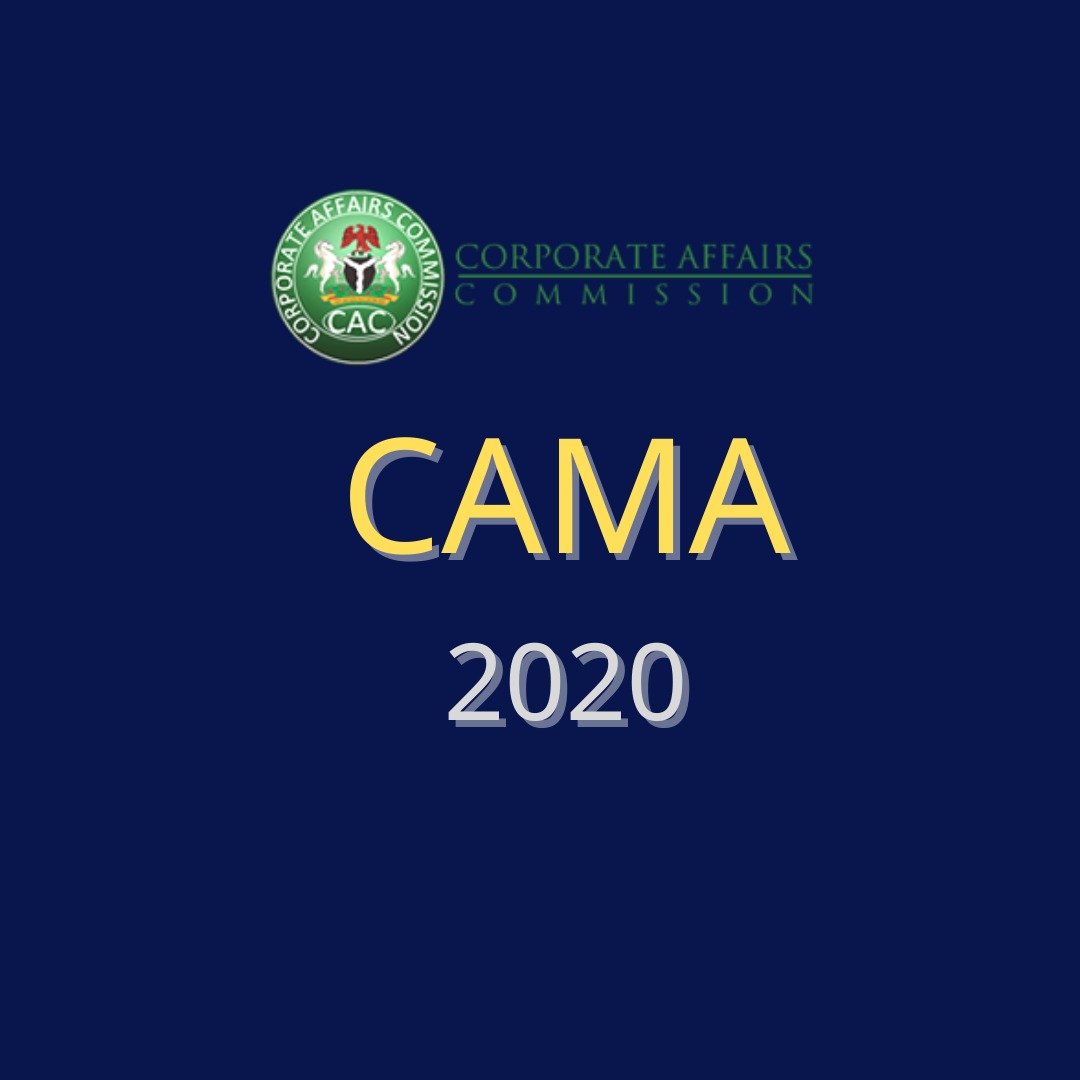Notwithstanding that it was signed into law by President Muhamamdu Buhari in 2020, the Companies and Allied Matters Act of 2020 has continued to draw flak from Non-Governmental Organizations. There has been a litany of complaints the law contains several draconian provisions, which would end up restricting the work of NGOs, while shrinking the civic space. These were some of the issues taken up by Policy and Legal Advocacy Centre (PLAC) at a Public Consultative Meeting for civil society organisations on the proposed amendments to the CAMA Act 2020. PLAC, which is currently collating views to make the CAMA amendment more responsive to the concerns of civic groups encouraged participants to come with specific and concrete proposals to address the concerns they have.
CSOs, which participated called for changes to be made to some sections of the ACT such as section A – G and section I and F. Also in sub-sections 1 to 12 through sections 1, 2, 3, 11 and 12, there was call for changes to be made to sub-sections 838, 839, 842, 843, 844, 845, 846, 848 and 849. The proposals for change proposal was read by Ms. Amarachi Nwankwo. One point which was canvassed was that the law should not stifle the operations of CSOs, and that it should recognize the fact that civic groups build partnerships and collaboration across. A number of speakers called for independence of some sort to be granted companies and NGOs covered under the CAMA in terms of how they would run the leadership of their organizations. Another participant expressed worries that as it currently stands, the functions of the CAC do not put into consideration a number of challenges that NGO’s are facing. The call was therefore made for a review of the provision, which calls for suspension of trustees. Participants also demanded that the insolvency test for companies contained in the Act be revisited.




















